The Kosmos 482 probe, launched by the Soviet Union in 1972 for a Venus mission, has crashed into the waters off Indonesia after nearly 53 years orbiting Earth as space debris. The probe failed to complete its journey to Venus due to launch complications and instead remained in low Earth orbit until its recent uncontrolled re-entry over Southeast Asia.
This event highlights the continuing issue of ageing space hardware posing potential hazards to Earth’s surface and maritime zones. Despite burning up considerably during atmospheric re-entry, fragments of Kosmos 482 reached the ocean, raising questions about the monitoring and management of historical space missions and debris.
The probe’s descent comes amid growing global concern over space debris, with agencies such as NASA and the European Space Agency intensifying efforts to track, predict, and mitigate risks from defunct satellites and probes. Indonesia, located near the equator, frequently experiences re-entries due to orbital decay trajectories intersecting with its atmospheric zone.
While there were no reported injuries or damages from the Kosmos 482 splashdown, the incident underscores the urgency for stronger international collaboration on space debris regulation and the advancement of technologies to safely deorbit long-defunct satellites and probes. It also serves as a reminder of the legacy of Cold War space competition still affecting Earth’s near-space environment today.
Context & Background
Kosmos 482 is a Soviet-era space probe launched in 1972 primarily intended for a Venus mission. Following a failure to leave Earth orbit, it remained in low Earth orbit as space debris for decades. Such space junk represents a growing challenge for global space agencies, with old satellites and probes posing risks to operational spacecraft and the environment. Indonesia’s geography, surrounded by oceans and close to the equator, is a frequent area where deorbiting space debris re-enters Earth’s atmosphere. Understanding the trajectory and impact of decaying space objects is key to improving international space safety and debris mitigation efforts.
In This Story
Kosmos 482
A Soviet space probe launched in 1972 intended for a mission to Venus but failed to leave Earth orbit, remaining as space debris until its recent crash off Indonesia.
Indonesian Waters
The maritime region around Indonesia, often subject to the re-entry of space debris due to its equatorial location and proximity to orbital decay paths.
Soviet Space Program
The space exploration program of the former Soviet Union, notable for pioneering missions during the Cold War era including the launch of probes such as Kosmos 482.






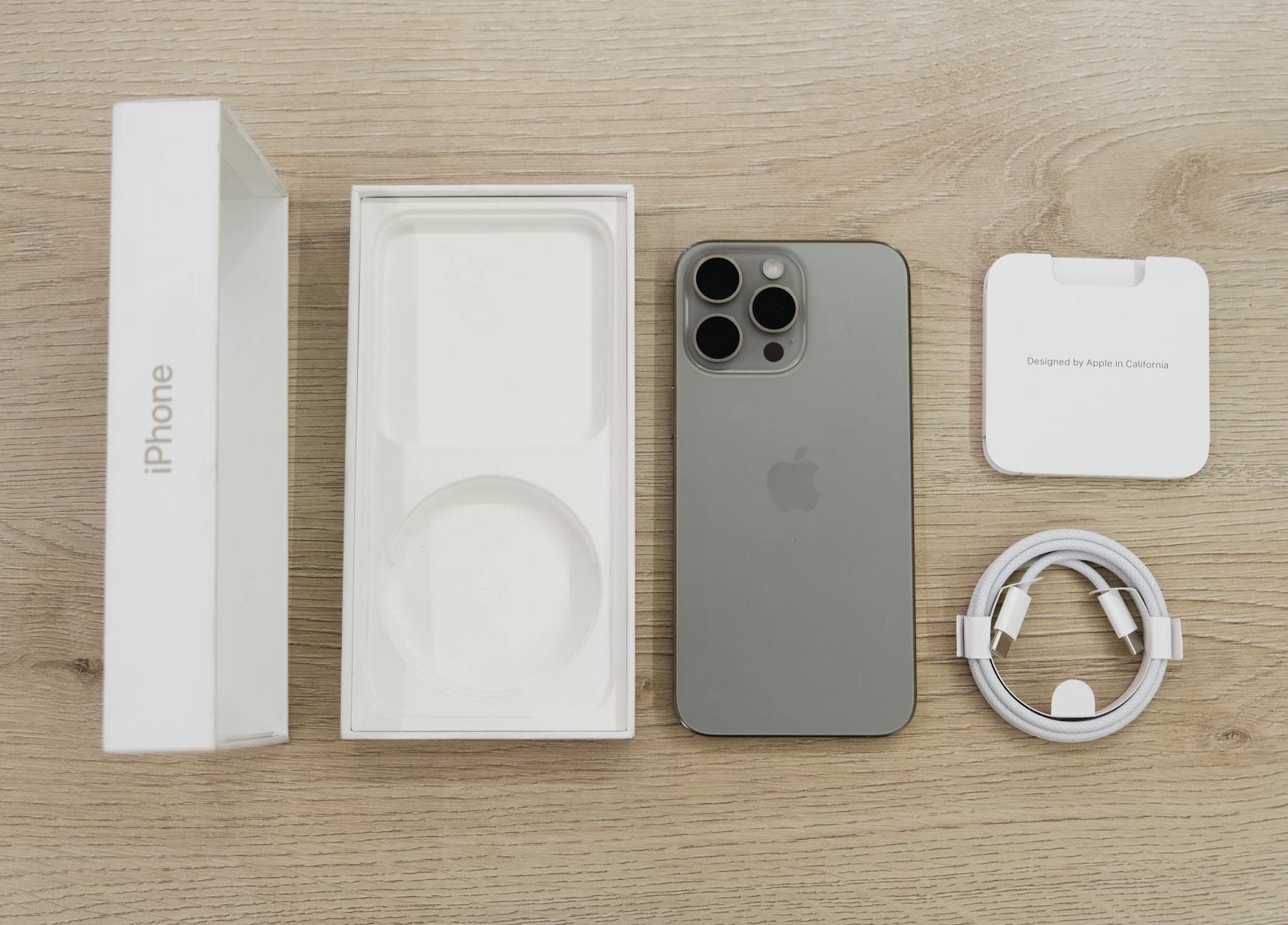

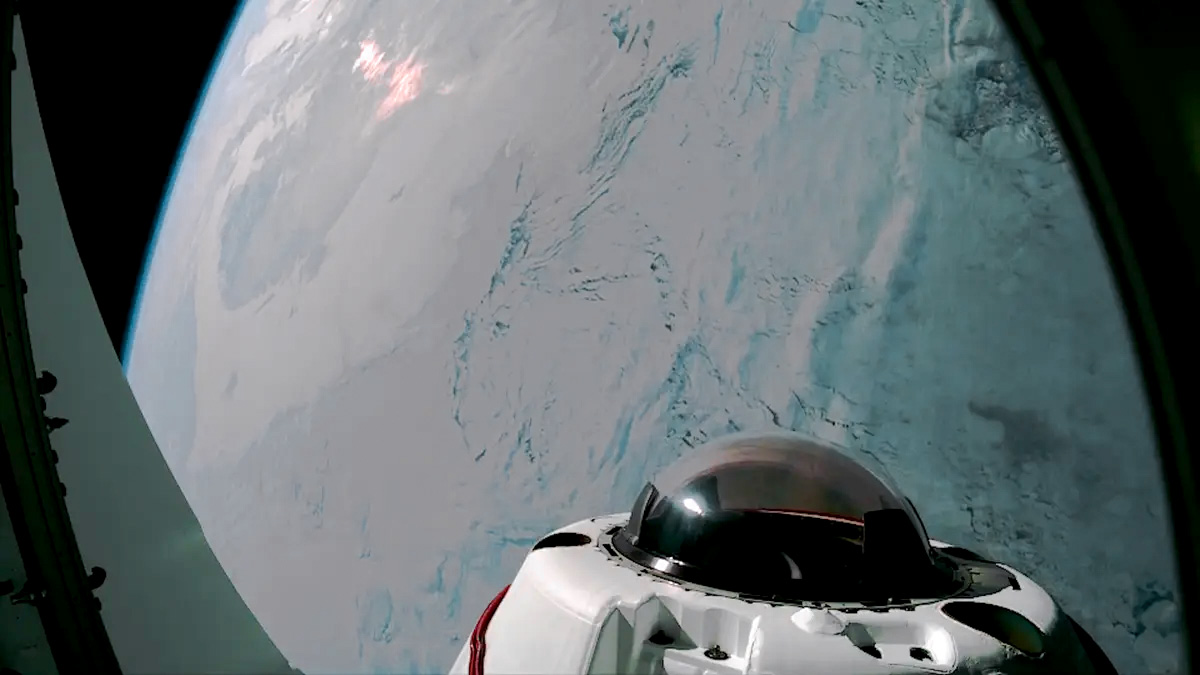
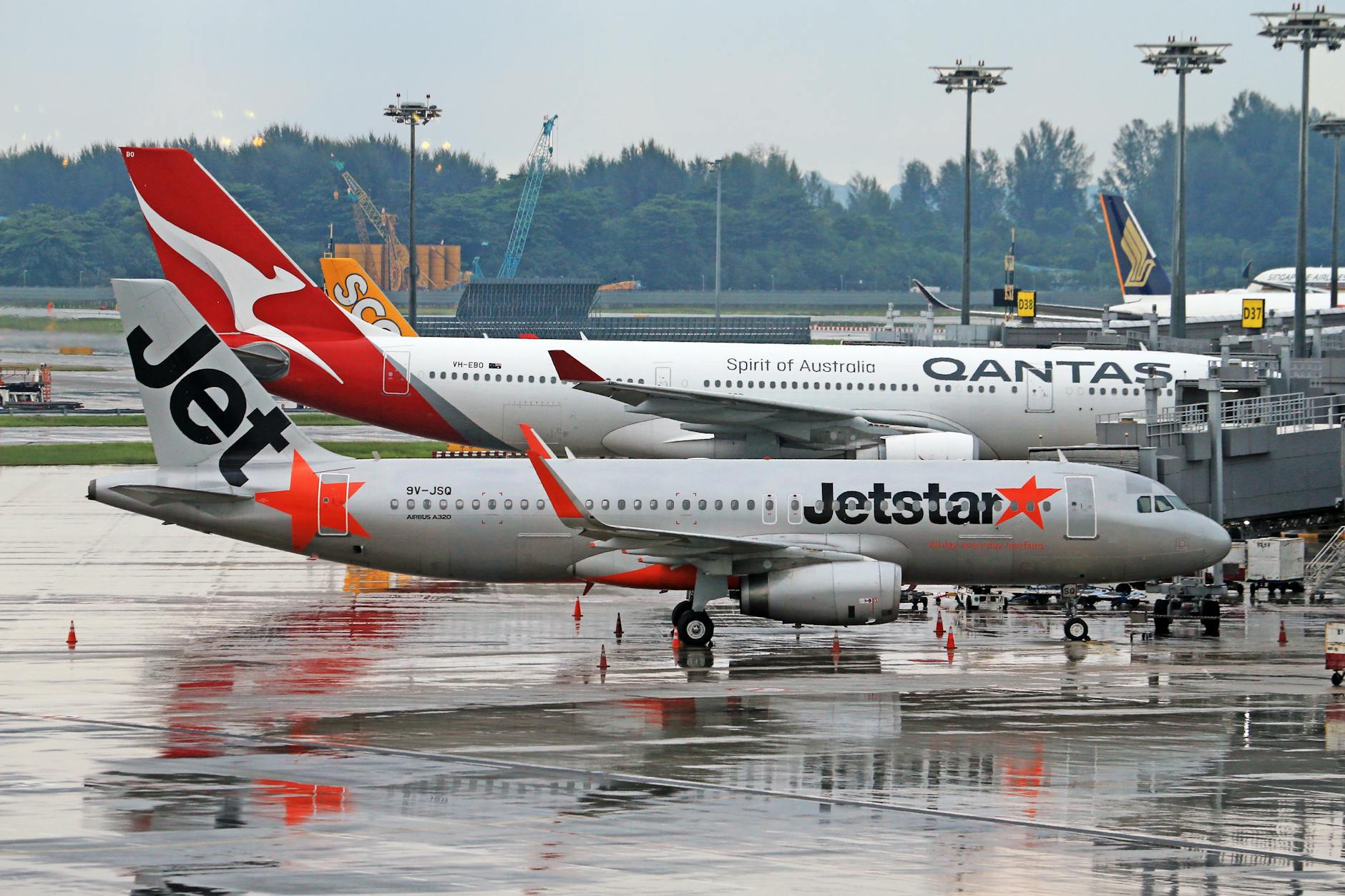



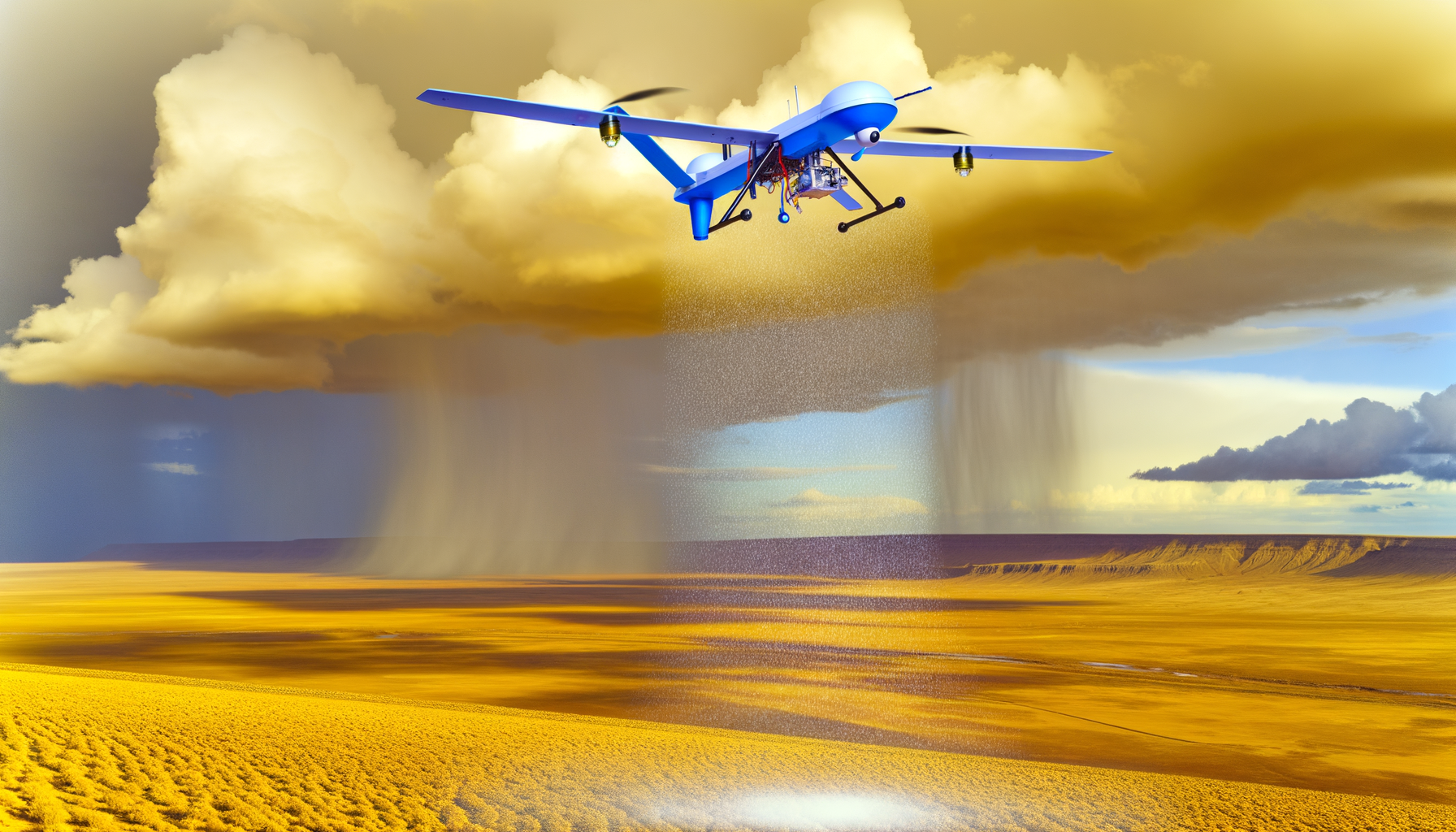
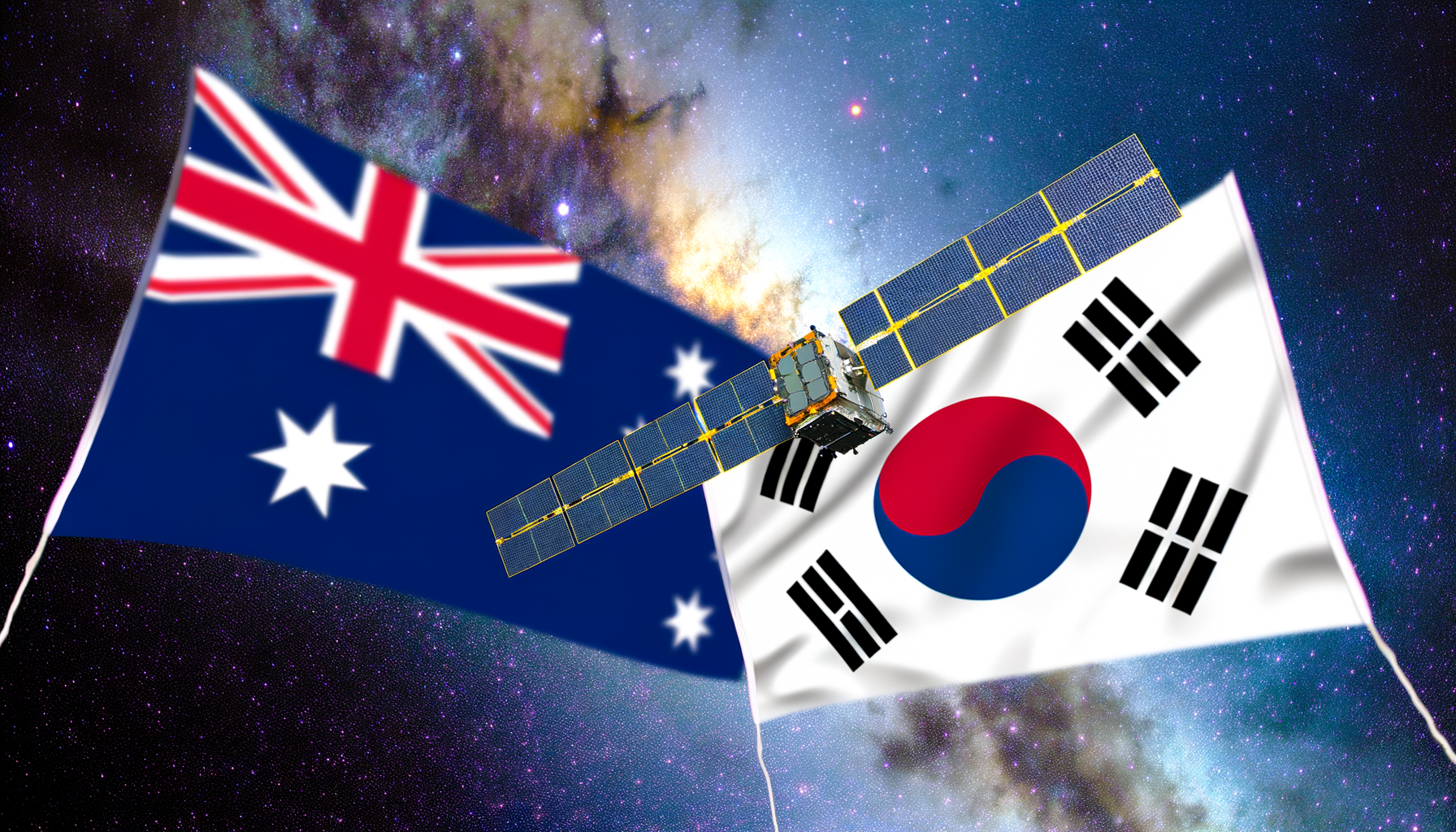



Comments are closed.